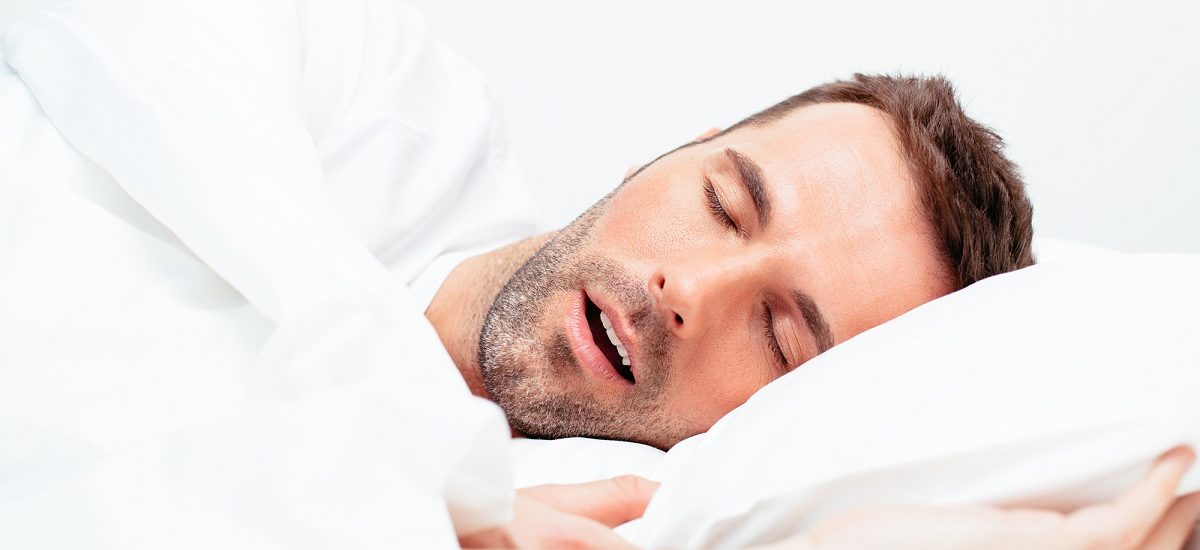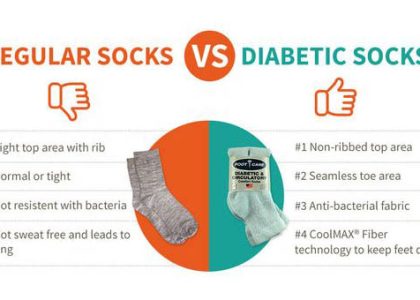Snoring Aids UK – 45% of individuals snore, either they do it themselves or they know someone who does. Even though snoring occasionally prompts humorous comments (“Uncle Joe snores so loudly he shakes the windows!”), despite its ‘harmless’ appearance, it can really carry real risks. Snorers commonly obstruct their partners’ ability to have sound sleep, which may be frustrating and is one factor that contributes to the problem. Snoring, in the opinion of Austin, Texas-based otolaryngologist and snoring expert Dr. Daniel P. Slaughter, may gravely damage a marriage.
Stop Snoring Aids
Stop Snoring Aids – Slaughter found that snoring raises the risk of heart disease in 75% of those who also had obstructive sleep apnea, a condition in which breathing is momentarily disrupted while you sleep.
The Clinical Neurophysiology and Sleep Medicine program is run by Sudhansu Chokroverty, MD, FRCP, FACP, at JFK Medical Center in Edison, New Jersey. Before taking over-the-counter drugs and sprays for self-treatment, he recommends patients schedule an appointment with their doctor. Professor of Neurology at the Seton Hall University School of Health and Medical Sciences Chokroverty believes that many stop-snoring solutions are being marketed without any supporting data.
Best Snoring Aids
Best Snoring Aids – You could stop snoring if you try these natural cures and change some aspects of your lifestyle.
1. First Things First, Change And Try Different Sleeping Postures:
When you sleep on your back, a vibrating sound is produced by the base of your tongue and soft palate collapsing to the back wall of your throat. This can irritate both you and others who are close to you.
If you sleep on your side, you may be able to prevent this.
Slaughter believes that the answer is as easy as using a body pillow, which is a full-length pillow that supports your complete body. If you can continue to lie on your side during that period, it can be incredibly useful.
To keep you from sleeping on your back, Chokroverty suggests attaching tennis balls to the back of your pajamas.
As a substitute, you can stretch out while lying in bed and elevate your head to widen your nasal airways and perhaps minimize snoring, but doing so increases the likelihood that you will experience neck discomfort.
Snoring may continue regardless of sleep position and may be caused by obstructive sleep apnea. In this circumstance, a doctor should be seen, suggests Chokroverty.
2. All Hefty Calories Must Be Eliminated:
The ability to lose weight, nevertheless, is not universal. Plus, “thin people snore,” Slaughter adds.
If you used to snore but stopped once you put on weight, losing weight could help. Gaining weight in the neck area might cause snoring because it narrows the throat’s interior and raises the possibility that it will collapse while you’re sleeping.
3. Reduce Your Alcohol Intake As Much As Possible:
Because they lower the tone of the muscles at the back of your throat as you sleep, alcohol and sedative usage increase the likelihood of snoring. Alcohol consumption four to five hours before going to bed, according to Chokroverty, makes snoring worse. People who normally don’t snore start doing so after consuming alcohol.
4. Maintain Cleanliness And Order In The Sleeping Space:
According to Slaughter, bad sleeping practices are also known as bad sleep “hygiene.” This can have an effect that is similar to drinking alcohol. For example, if you work late into the night and don’t get enough sleep, you’ll feel fatigued when you do go to bed.
According to Slaughter, snoring is the outcome of a deep, restless sleep in which the muscles are constantly moving.
5. Unobstructed Nostrils:
If your snoring comes from your nose, it may be helpful to keep your nasal passages open. Slaughter asserts that as a result, air may pass through more gently. The speed at which water flows through a garden hose depends on its narrowness.
Slaughter asserts that a hot shower may be used to open up the nasal passages before night. Keep a container of saltwater nearby to be used as a rinse.
In order to assist eliminate any clogs; Slaughter suggests using it to rinse out your nose while you’re in the shower.
Using a neti pot, you might also rinse your nasal passages with saltwater. Nasal strips may be useful if the problem is with your nose rather than your soft palate since they will elevate and widen your nasal airways.
6. Replace The Pillows:
Allergens on your pillow and in the room may make snoring worse. It’s been a while since someone cleaned the fan over your head. When was the last time you changed your pillows?
Dust mite accumulation in pillows may cause an allergic response and snore. When you let dogs sleep on the bed, you expose yourself to animal dander, a different common allergy.
Slaughter argues that these problems may be to fault for your snoring if you feel OK throughout the day but congested at night.
Your pillows should be changed every six months and put through an air fluff cycle once every two weeks in order to reduce the likelihood of dust mites and allergies. In a similar vein, keep dogs out of the bedroom.
Before investing money in specially designed pillows developed to eliminate snoring, Chokroverty urges caution. They could help if you lift your head, which fixes nasal issues but could cause neck pain.
7. Take In A Lot of Liquids:
Continue to drink water. According to Slaughter, when you are thirsty, your soft palate and nasal secretions get stickier. “This might cause more snoring.”
According to the Institute of Medicine, healthy adults should drink around 16 cups of fluids per day for males and about 11 cups for women (this includes all meals, snacks, and beverages).
If your nasal passages are blocked, take a hot shower, get enough rest overall, sleep on your side, avoid drinking alcohol before bed, and follow the other recommendations in Slaughter’s book. The quantity of snoring may be considerably reduced by employing these simple techniques.
We have come up with seven ways you may effectively stop snoring since it is challenging to do so and because it is a regular occurrence with different causes.
Different snoring remedies will be required if you are unable to simply “stop snoring.” However, not everyone can buy snoring remedies like nostril blockers and other things; as a result, they must alter their lifestyle in order to stop snoring.
Conclusion:
However, snoring patches, mouthpieces, or a device that plugs the nostrils can be purchased from a retailer if you wish to attempt a type of treatment as snoring assistance.
Even though you might initially find them unpleasant, you can easily become used to them. These products help you stop snoring by preventing the opening of your nasal passages, which causes snoring noises.









